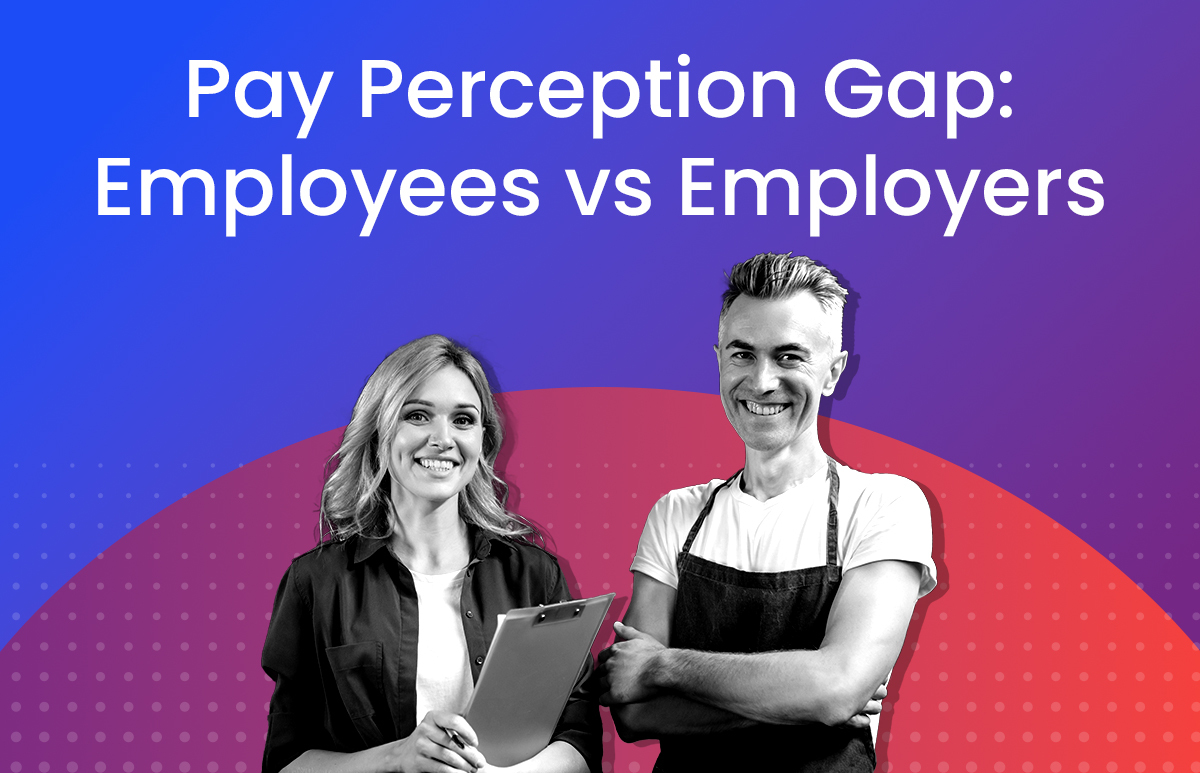Are you a digital change agent?

Anyone who’s been involved in the rollout of new technology knows that it requires countless “fork in the road” decisions to be made. Take the left road and you end up with a cost-effective, time-efficient, truly transformative tech solution. Take the right road and, well, you know the outcome: there are many reasons why 90% of digital transformation projects fall below expectations, deliver only minor improvements, or fail altogether[1] but poor change management is cited as a recurring theme.
Change management skills will increasingly be put to the test as HR teams come under pressure to undertake digital transformations. According to research[2], 56% of surveyed companies are redesigning their HR programs to leverage digital and mobile tools, and 51% of companies are currently in the process of redesigning their organisations for digital business models.
Let’s face it: change is never easy. New technology implementations must factor in not only the adoption of new technical skills, but also the normal human reactions to change. Indeed, it’s the failure to change behaviours that often derails change initiatives – on average it takes anywhere from 21 days to 2 months before a new behaviour becomes automatic.
You may have heard of the “change spectrum”, which outlines the 5 typical responses to change:
- Embraces. Often seen when the change is positive and actively desired by people
- Endures. OK…I’ll do what you ask
- Watches. ‘Wait and see’ and the unworkable initiatives will be removed in due course
- Blocks. Apathy turns into negative action and people take up arms against the change
- Withdraws. Driven by fear, despair or apathy, they opt out
If you’re witnessing few number 1’s but countless instances of the other 4 responses, it may be time to consider becoming a change agent – or upskilling someone in your team to become one. Dave Ulrich’s Model of HR Roles outlines such a role: “The change agent understands the organisation’s culture and institutionalises change capability within the organisation assisting line managers to lead and facilitate change.”
HR managers are well-suited to such a role, as they are used to combining elements of people management, engagement and motivation with the strategic needs of the organisation. This strategic skillset means they can develop other change leaders, anticipate resistance and plan accordingly to develop a sustainable change culture.
Key traits and skills of digital change agents
- Emotional intelligence (EQ) and IQ. As change agents, HR managers need to be “EQ smart” – perceptive, intuitive, empathetic and reflective – as well as “IQ smart” to be effective. Understanding the EQ of other stakeholders will enable the change agent to anticipate the level of resistance for any kind of change, while being IQ smart will enable HR managers to create a framework to introduce and manage change with minimum resistance.
- Negotiation and influencing skills. HR change agents need to balance whatever the change is (say, a new recruitment platform) with the needs of human beings. Without falling into the ‘blocks’ or ‘withdraws’ categories on the change spectrum, a change agent should be able to spot potential barriers to human-centric and user-friendly tech design and raise these as genuine issues to be addressed – and be prepared to negotiate to achieve a better outcome.
- Communication skills. ‘Selling’ change is a key component of a change agent’s role. They need to be able to identify and communicate the ‘what’s in it for me’ aspect of any change, keep people informed, take onboard feedback and address concerns as/when they occur.
- Resilience. Change can be a long, hard slog with set-backs and delays. A change agent needs to be able to bounce back and keep things moving.
- Drive. They need to be fired-up, energetic and inclusive – and be able to spot these characteristics in other people.
Critically, a change agent need not be an extrovert in a position of authority, as demonstrated by their job title; they can in fact wield informal influence. McKinsey research outlines the importance of “hidden influencers” for effective change management:
“Winning over sceptical employees and convincing them of the need to change just isn’t possible through mass e-mails, PowerPoint presentations, or impassioned CEO mandates. Rather, companies need to develop strong change leaders employees know and respect – in other words, people with informal influence.”[3]
Does that sound like anyone you know?
The time is now
There is of course more to HR than spearheading technology and digital initiatives. However, when HR professionals were surveyed[4] on what they could do to have the most impact on the employee experience, 53% (the largest percentage) said ensuring leadership understands how to apply digital technologies was the most critical. That certainly sounds like a prime task for a change agent.
It’s also worth considering the wider repercussions of poor change management and how a digital change agent can add value. A company-wide failure to adopt new technology taints how change is likely to be handled in the future: leaders may err on the side of caution and hesitate to invest in future technologies, while employees, remembering the lack of support, may be harder to convince to rally behind the new tech. Before you know it, the organisation has fallen behind the curve. Change agents can help avoid this scenario by building a culture that embraces change.
Browse our website for more insights on how ELMO Cloud HR & Payroll can help your business with digital HR solutions.
[1] “Is the Data Dilemma Holding Back Digital Innovation?”, 2017, Coachbase
[2] Human Capital Trends, 2017, Deloitte
[3] “Tapping the Power of Hidden Influencers”, McKinsey Quarterly, March 2014
[4] “HR Sparks a Change Reaction” White Paper, Accenture
 HR Core
HR Core 









